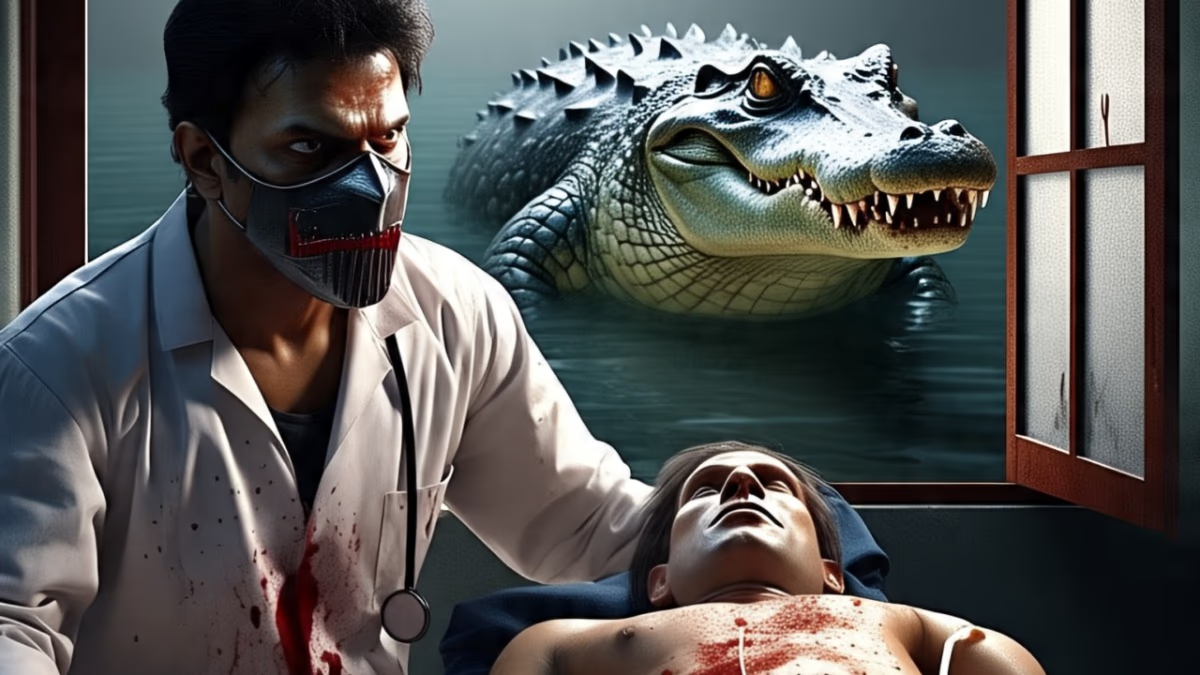The Crime Branch of Delhi Police recently arrested a notorious criminal with a chilling backstory. Meet Dr. Devendra Sharma, infamously known as 'Doctor Death.' Once an ayurvedic doctor, he delved into kidney trafficking before turning to murder, confessing to over 100 killings. With such macabre cruelty, is he merely a cruel criminal or something much more sinister? Let's delve into this with a criminal psychologist's insight.
The Gory Tale of 'Doctor Death'
Initially, Devendra Sharma was a practicing ayurvedic doctor with a degree from Jaipur, embarking on a gas agency business. Business losses drove him towards crime. From 1994 to 2004, he coordinated over 125 illegal kidney transplants, earning 5 to 7 lakh each time. Subsequently, he targeted taxi drivers.
Reportedly, between 2002 and 2004, he murdered 21 taxi drivers and threw their remains into the Hazara Canal of Uttar Pradesh's Kasganj district, where crocodiles consumed them. He confessed to over 50 murders, yet police suspect the number might exceed 100. Released on parole, he went into hiding as a priest in Rajasthan before being apprehended by Delhi Police after a nine-month search.
Is Devendra Sharma a Psychopath?
Criminal psychologist Dr. Anuja Kapoor says Devendra Sharma shows clear signs of psychopathy. This condition reflects a severe lack of empathy, remorse, and moral compass. Such individuals have no regret for their actions. Devendra’s disposal of bodies in the crocodile-infested canal highlighted his absence of guilt.
Dr. Anuja elaborates that psychopaths crave thrill. Devendra's repeated crimes and subsequent hiding as a priest signifies this. Psychopaths aim to dominate their victims, as seen when Devendra targeted taxi drivers. Although exhibiting psychopathic traits, his life events like business failures, greed, and quest for easy money pushed him further into the abyss of crime.
What Do Research Studies Say?
According to a study by PMC, many serial killers endure physical, emotional, or sexual abuse in childhood, influencing their psyche. While Devendra’s early life lacks such reports, his actions resonate with psychopathic tendencies.
Can Such Criminals Be Treated?
Dr. Kapoor states that treating psychopathy is extremely challenging. These individuals have less active emotional processing centers in the brain, like the amygdala, preventing them from perceiving others' pain. Although cognitive behavioral therapy (CBT) might moderate some psychopathic behaviors, and certain medications can reduce aggression, isolating these criminals from society remains crucial since they are prone to recidivism. Devendra's absconding while on parole exemplifies this.




